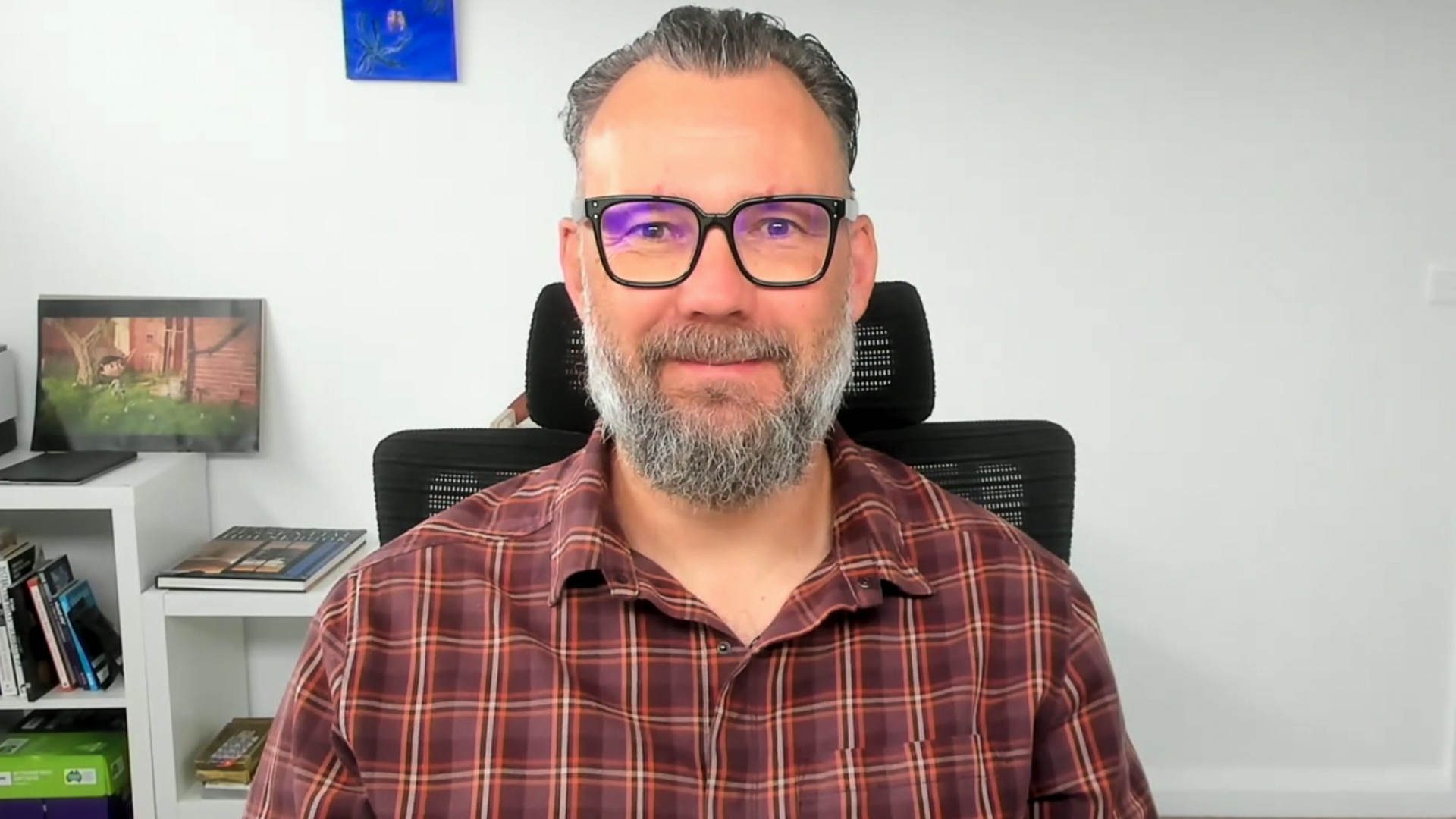[ad_1]

As synthetic intelligence options swiftly advance and the pattern towards cloud information migration continues, information leaders should stability priorities between information safety, agility and visibility.
Concurrently, there’s a rising concern amongst many concerning the wider safety implications that AI may need on their group. AI is the last word information product, and firms want to think about defending its information inside AI as they use it to speed up enterprise choices, based on Paul Hawkins (pictured), chief info safety officer of CipherStash Pty Ltd.
“Companies actually need to use AI and enormous language fashions to speed up their enterprise choices. It makes loads of issues very easy,” he mentioned. “You possibly can type of put some prompts in and get some info again, after which you can also make choices based mostly on that. However on the identical time, it’s truly a very conventional downside. Having visibility of the place your information is and what techniques are utilizing that information is one thing we’ve been doing within the safety trade for a very very long time.”
Hawkins spoke with theCUBE Analysis principal analyst Rob Strechay on the “Supercloud 6: AI Innovators” occasion, throughout an unique broadcast on theCUBE, SiliconANGLE Media’s livestreaming studio. They mentioned the necessity for organizations to prioritize securing their information inside AI to speed up enterprise choices.
Knowledge safety within the enterprise: A pace and information safety balancing act
Balancing the necessity for pace with robust information safety and governance is essential for organizations, based on Hawkins. Constructing a decision-making framework that permits engineers to make use of information with out having to determine how you can shield it each time is crucial.
As society makes use of extra information, it turns into necessary to establish regular and irregular utilization patterns, particularly in purposes equivalent to within the medical discipline, the place irregular information motion will be detected by monitoring information operations, Hawkins defined. Defending information in a knowledge lake is essential, as the danger profile modifications when aggregating information from totally different databases. CISOs ought to think about securing their information and AI sooner or later.
“With the ability to have the safety transfer with the info is absolutely useful. You’ve got a better diploma of confidence that when enterprise groups be a part of all of those information units collectively, you continue to have the extent of confidence that it’s protected,” Hawkins mentioned. “The enterprise can nonetheless attain its consequence by doing queries on massive information units and getting insights from them with out leaking particular person data.”
Safety foundations are necessary for constructing safe purposes and making good choices, particularly within the context of enormous language mannequin safety, based on Hawkins. Everyone seems to be in the identical boat, so it’s necessary for CISOs to take recommendation to coronary heart and paddle in the identical path.
“Being actually clear about what you’re attempting to unravel and basing that on actually good safety foundations implies that we will benefit from the actually quick improvement of AI,” Hawkins added. “We are able to speed up our companies whereas nonetheless protecting the info that we construct our companies on protected and secure, after which we will all type of transfer quick.”
Right here’s the whole video interview, a part of SiliconANGLE’s and theCUBE Analysis’s protection of the “Supercloud 6: AI Innovators” occasion:
Picture: SiliconANGLE
Your vote of assist is necessary to us and it helps us maintain the content material FREE.
One click on under helps our mission to supply free, deep, and related content material.
Be a part of our group on YouTube
Be a part of the group that features greater than 15,000 #CubeAlumni specialists, together with Amazon.com CEO Andy Jassy, Dell Applied sciences founder and CEO Michael Dell, Intel CEO Pat Gelsinger, and plenty of extra luminaries and specialists.
THANK YOU
[ad_2]






